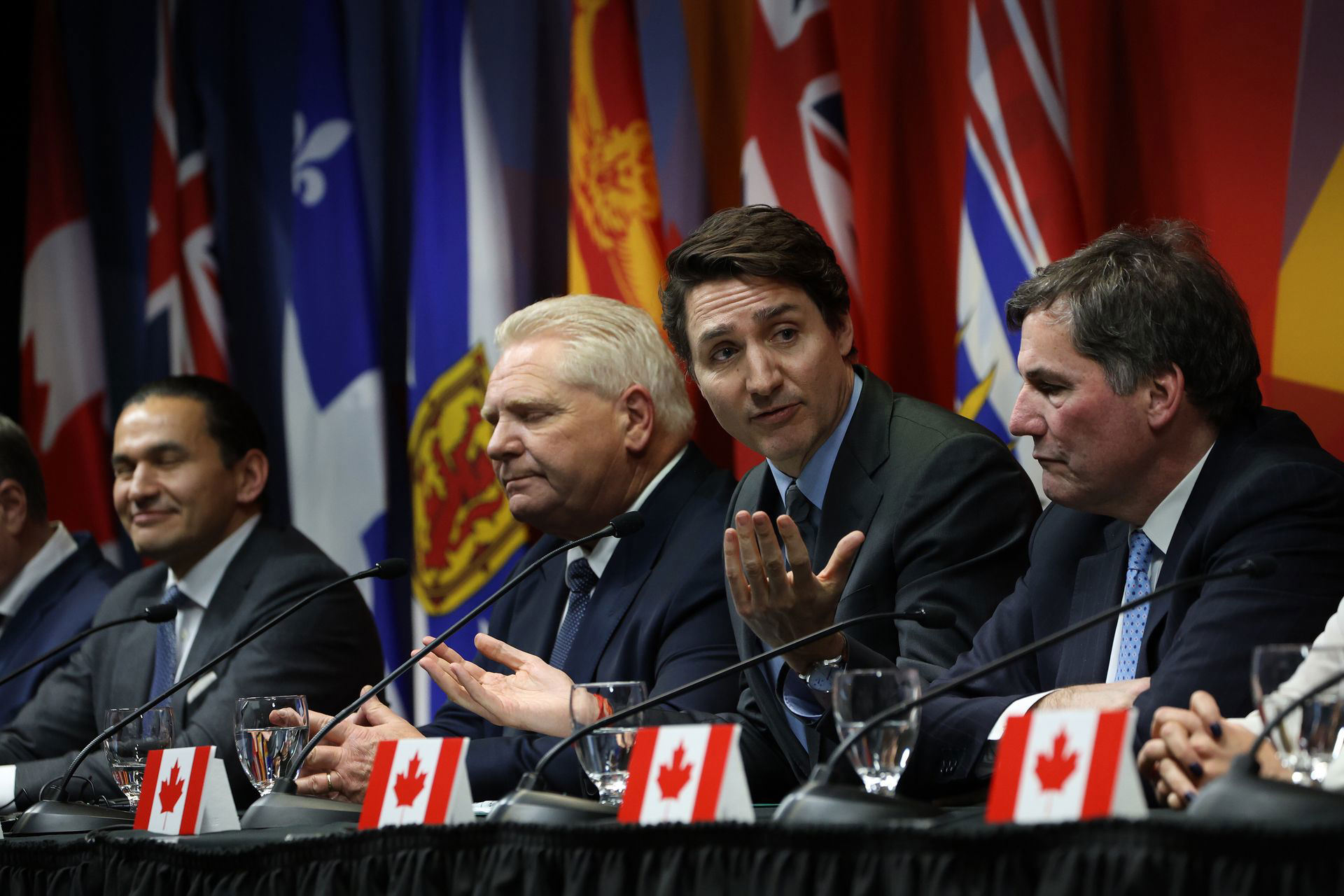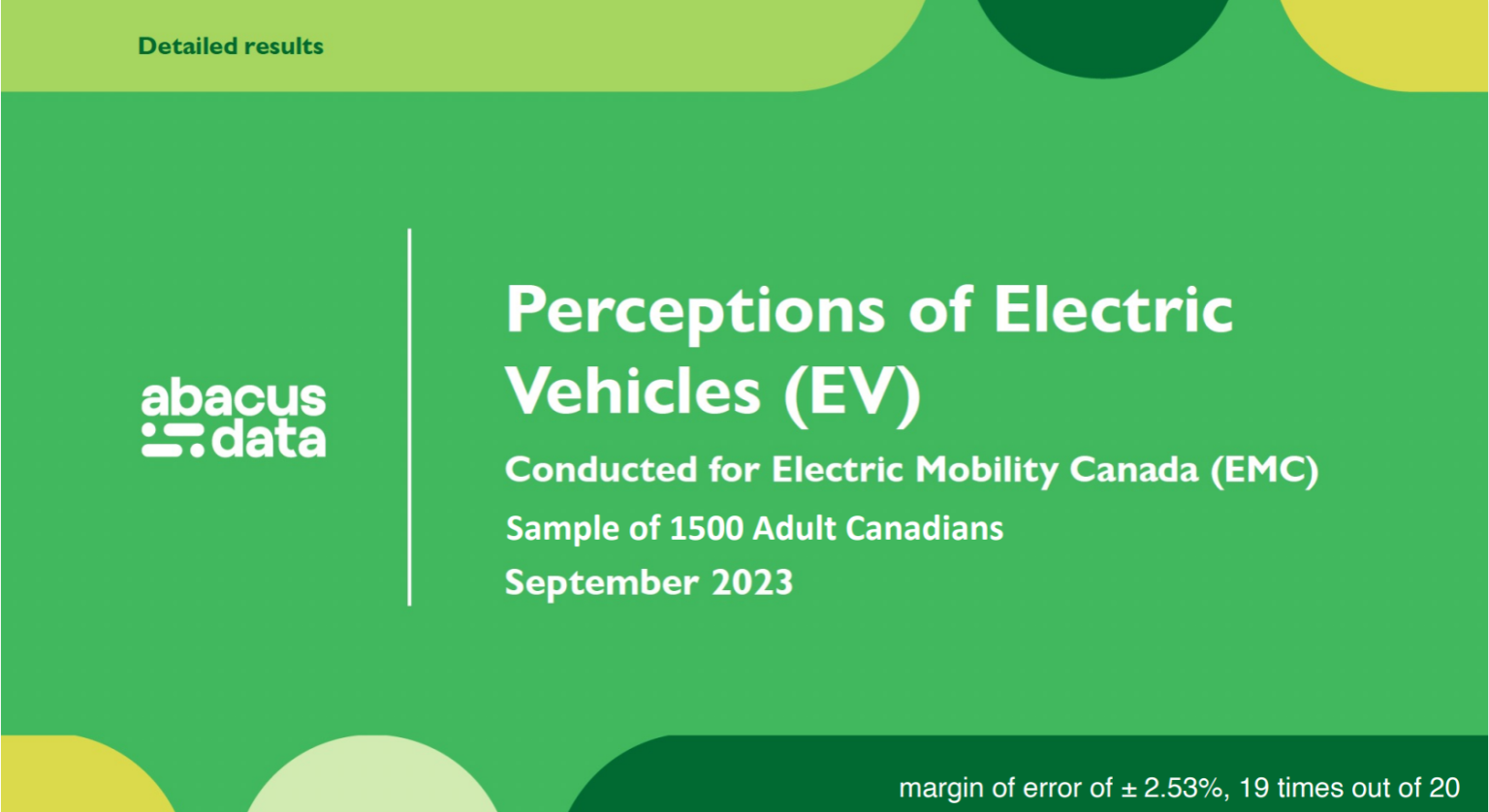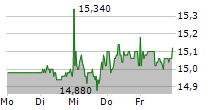The China Factor: Analyzing The Market Headwinds Facing BMW, Porsche, And Competitors

Table of Contents
Intensifying Domestic Competition
The rise of domestic Chinese automakers presents a formidable challenge to established luxury brands. This intensified competition manifests in two key areas: the explosive growth of Chinese Electric Vehicle (EV) brands and the increasing affordability of domestically produced luxury vehicles.
Rise of Chinese Electric Vehicle (EV) Brands
Chinese EV brands like BYD, NIO, and Xpeng are rapidly gaining market share, posing a direct threat to companies like BMW and Porsche. Their success stems from several factors:
- Superior Technology in Specific Areas: In certain areas, such as battery technology and autonomous driving features, some Chinese EV brands are at the forefront of innovation.
- Aggressive Pricing Strategies: They often offer competitive pricing, making electric luxury vehicles more accessible to a wider range of Chinese consumers.
- Strong Government Support: The Chinese government provides substantial subsidies and incentives to promote the growth of domestic EV manufacturers.
- Localized Features Appealing to Chinese Consumers: Many Chinese EV brands incorporate features and functionalities specifically designed to meet the unique preferences of the Chinese market.
Increased Affordability of Domestic Brands
Chinese brands are not only competing on technology but also on price. They are increasingly offering luxury features and sophisticated designs at price points previously dominated by international competitors. This is achieved through:
- Improved Quality and Design: Chinese manufacturers have made significant strides in improving the quality and design of their vehicles, making them increasingly competitive with established luxury brands.
- Competitive Pricing: By streamlining production and leveraging economies of scale, they can offer competitive pricing, attracting price-sensitive consumers.
- Strong Brand Building Campaigns Targeting Domestic Consumers: Chinese brands are investing heavily in marketing and branding to build strong consumer loyalty within the domestic market.
Shifting Consumer Preferences
The Chinese automotive market is not only becoming more competitive but also more discerning. Consumer preferences are rapidly evolving, driven by a growing demand for electric and hybrid vehicles and a strong emphasis on technology and digitalization.
Demand for Electric and Hybrid Vehicles
The Chinese government's ambitious goals for EV adoption, coupled with stricter emission regulations and growing consumer awareness of environmental concerns, are driving a significant shift towards electric and hybrid vehicles. This presents a challenge for luxury brands that may not have been as quick to electrify their lineups.
- Government Incentives for EVs: Substantial government subsidies make EVs more attractive to Chinese consumers.
- Stricter Emission Regulations: China is implementing increasingly stringent emission standards, making it challenging for traditional combustion engine vehicles to compete.
- Consumer Awareness of Environmental Concerns: Chinese consumers are becoming increasingly environmentally conscious, driving demand for greener vehicles.
Emphasis on Technology and Digitalization
Chinese consumers are tech-savvy and expect their vehicles to be equipped with advanced technology features and seamless digital integration. This includes:
- Autonomous Driving Features: Self-driving capabilities and advanced driver-assistance systems are highly sought-after features.
- Advanced Infotainment Systems: Intuitive and user-friendly infotainment systems with integrated connectivity are crucial for attracting Chinese consumers.
- Connected Car Technologies: Features like over-the-air updates, remote diagnostics, and integrated mobile applications are becoming standard expectations.
- Online Purchasing and Services: The ability to purchase and service vehicles online is increasingly important in China's digitally driven market.
Geopolitical and Economic Uncertainties
The automotive industry in China faces significant headwinds from geopolitical tensions and economic uncertainties.
Trade Tensions and Regulatory Changes
Ongoing trade tensions between China and other countries, coupled with unpredictable regulatory changes, create significant challenges for international automakers. These uncertainties can lead to:
- Import Tariffs: Tariffs on imported vehicles can significantly increase the cost of luxury cars.
- Stricter Environmental Regulations: Rapidly evolving environmental regulations can impact vehicle development and production timelines.
- Changes in Consumer Confidence: Geopolitical instability and economic uncertainty can affect consumer confidence and purchasing decisions.
Economic Slowdown and Supply Chain Disruptions
A slowing Chinese economy and global supply chain disruptions further compound the challenges. This can result in:
- Reduced Consumer Spending: Economic slowdowns directly impact consumer spending on luxury goods, including automobiles.
- Increased Production Costs: Supply chain disruptions can lead to increased production costs and delays.
- Difficulties Securing Essential Components: Access to essential components and raw materials can be disrupted, impacting production schedules.
Strategies for Success in the Chinese Market
For luxury brands to thrive in China, strategic adaptation is paramount. This requires a multi-pronged approach.
Localization Strategies
Adapting products and marketing strategies to the specific needs and preferences of Chinese consumers is crucial. This includes:
- Localized Design Features: Incorporating design elements and features that resonate with Chinese aesthetics and preferences.
- Tailored Marketing Campaigns: Developing targeted marketing campaigns that address the unique cultural nuances of the Chinese market.
- Strong Local Partnerships: Building strong relationships with local distributors, suppliers, and government agencies.
Investing in Electric Vehicle Technology
Significant investments in EV technology and infrastructure are essential for long-term competitiveness. This involves:
- Development of New EV Models: Developing new electric vehicles specifically tailored to the Chinese market.
- Establishment of Charging Networks: Investing in the development of a comprehensive charging infrastructure.
- Partnerships with Chinese Battery Manufacturers: Collaborating with Chinese battery manufacturers to secure access to advanced battery technology.
Strengthening Brand Image and Customer Relationships
Building a strong brand image and cultivating positive customer relationships are vital in a highly competitive market. This can be achieved through:
- Enhanced Customer Service: Providing exceptional customer service to build loyalty and positive word-of-mouth referrals.
- Targeted Marketing Campaigns: Employing targeted marketing strategies to reach specific consumer segments.
- Engagement on Social Media Platforms: Actively engaging with consumers on popular social media platforms.
Conclusion
The "China Factor" presents significant challenges for BMW, Porsche, and other luxury automakers. Navigating the intensifying competition from domestic brands, adapting to shifting consumer preferences, and managing geopolitical and economic uncertainties require strategic adjustments. By focusing on localization, investing in EV technology, and strengthening brand image, these companies can increase their chances of long-term success in this crucial market. Understanding the nuances of the China Factor is vital for any luxury automotive brand aiming for continued growth and profitability in the world's largest automotive market. Ignoring these headwinds could lead to significant losses. Don't let the complexities of the China Factor derail your strategy; adapt, innovate, and thrive.

Featured Posts
-
 Regional Differences In Canadian Anti Trump Sentiment
Apr 27, 2025
Regional Differences In Canadian Anti Trump Sentiment
Apr 27, 2025 -
 Survey Shows Continued Drop In Canadian Electric Vehicle Purchases
Apr 27, 2025
Survey Shows Continued Drop In Canadian Electric Vehicle Purchases
Apr 27, 2025 -
 Analyzing Ariana Grandes New Style Professional Opinions On Her Transformation
Apr 27, 2025
Analyzing Ariana Grandes New Style Professional Opinions On Her Transformation
Apr 27, 2025 -
 Ariana Grandes Bold New Style A Look At Her Hair And Tattoos
Apr 27, 2025
Ariana Grandes Bold New Style A Look At Her Hair And Tattoos
Apr 27, 2025 -
 Wp Hg Veroeffentlichung Pne Ag Informiert Ueber Eqs Pvr
Apr 27, 2025
Wp Hg Veroeffentlichung Pne Ag Informiert Ueber Eqs Pvr
Apr 27, 2025
